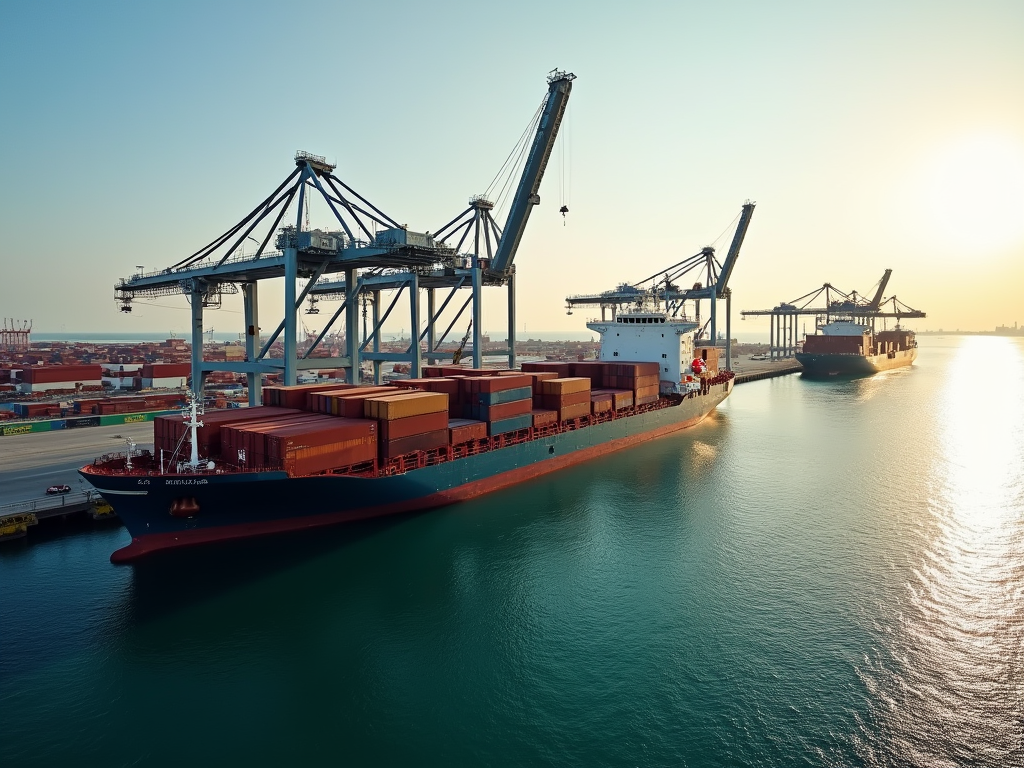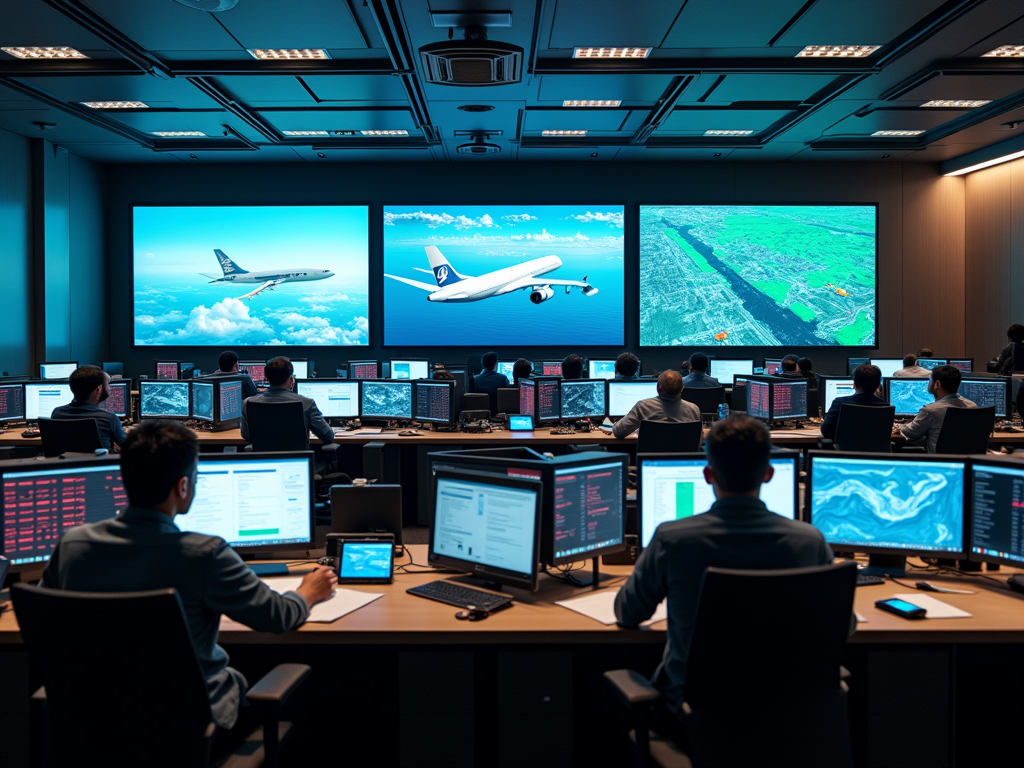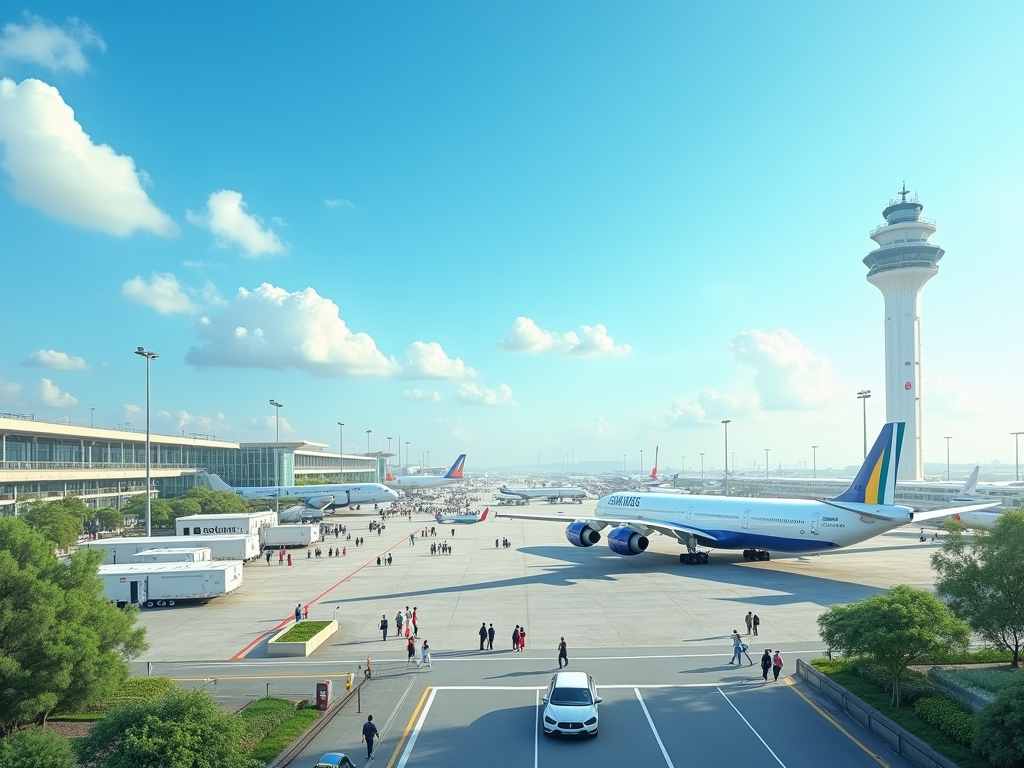How Dubai’s Airports and Seaports Are Fueling International Trade
BusinessDubai is increasingly recognized as a pivotal hub for international trade, primarily due to its strategically located airports and seaports. The city’s world-class infrastructure facilitates a seamless flow of goods and services, connecting markets across continents. This article will delve into the role of Dubai’s airports and seaports in enhancing global trade, their modern facilities, and the various factors that make them indispensable for businesses worldwide.
Dubai International Airport: A Global Gateway

Dubai International Airport (DXB) serves as one of the busiest passenger airports in the world, but its significance extends beyond just passenger travel. With over 80 airlines operating from DXB, the airport connects over 240 destinations globally. Its advanced cargo facilities, including the Dubai Cargo Village, bolster the transportation of goods, making it a key player in the global supply chain. Key aspects of Dubai International Airport include:
- State-of-the-art cargo handling systems that manage millions of tons of cargo annually.
- 24/7 operations that allow for uninterrupted logistics and timely deliveries.
- Efficient customs processes that minimize delays for freight shipments.
Furthermore, Dubai International Airport is continuously expanding and adapting to meet the growing demands of international trade. Its strategic location between East and West enables businesses to leverage quick transit times, gaining a competitive edge in the fast-paced global market.
Jebel Ali Port: The Jewel of Maritime Trade

Jebel Ali Port is the largest and busiest port in the Middle East, further solidifying Dubai’s reputation as a maritime trade hub. Spanning 46 square kilometers, it boasts a deep-water harbor capable of accommodating the world’s largest vessels. The port’s features play a significant role in supporting international trade:
- Highly efficient container terminals that handle over 15 million TEUs (Twenty-foot Equivalent Units) annually.
- Direct access to the Jebel Ali Free Zone, which attracts numerous international companies.
- Comprehensive hinterland connectivity via road and rail networks, ensuring rapid distribution.
Additionally, the port’s strategic partnerships with global shipping lines ensure that it remains a preferred choice for imports and exports. The efficient operations at Jebel Ali Port contribute to Dubai’s overall economic growth, enabling businesses in various sectors to thrive.
Infrastructure Investments and Economic Growth
Dubai’s commitment to investing in infrastructure has played a crucial role in strengthening its position as a trade hub. The government consistently allocates substantial funds to enhance airport and seaport facilities. Recent investments have included:
- The expansion of cargo capabilities at Dubai International Airport.
- Upgrades to Jebel Ali Port’s terminals and facilities for increased capacity.
- Technological advancements, including automation and digitalization of services.
These investments not only improve trade efficiency but also attract foreign direct investment, bolstering the local economy. As a result, Dubai has become a magnet for businesses looking to capitalize on international trade opportunities.
The integration of air and sea transport allows for a synergistic effect that amplifies global trade potential. Many businesses in Dubai utilize both airports and seaports to optimize their supply chains. The benefits of such connectivity include:
- Flexibility in choosing the most efficient transportation mode for different types of goods.
- Reduced transportation costs through strategic logistics planning.
- Enhanced reliability and speed in deliveries, meeting tight deadlines.
This dual-faceted approach to logistics ensures that Dubai remains at the forefront of international trade, continuously attracting new businesses and fostering economic diversification.
Conclusion
In summary, Dubai’s airports and seaports are pivotal in fueling international trade and commerce. The strategic location, advanced infrastructure, and continuous government investment in these facilities create a robust environment for businesses to flourish. As global trade dynamics evolve, Dubai stands poised to adapt and grow, reinforcing its status as a major trading hub in the region and beyond.
Frequently Asked Questions
1. How many cargo flights operate from Dubai International Airport?
Dubai International Airport hosts numerous cargo airlines, facilitating hundreds of flights daily, making it a significant player in the global air cargo industry.
2. What advantages does Jebel Ali Port offer for international shipping?
Jebel Ali Port offers deep-water access, efficient container handling, and proximity to the Jebel Ali Free Zone, providing a conducive environment for international shipping.
3. How does Dubai ensure Customs efficiency for cargo?
Dubai implements advanced technologies and streamlined processes at its airports and seaports to expedite customs clearance, minimizing delays for cargo shipments.
4. What role does the government play in the growth of Dubai’s trade infrastructure?
The Dubai government plays a vital role by investing heavily in infrastructure developments, fostering a conducive environment for trade growth and attracting foreign investment.
5. Can businesses easily access both air and sea shipping options in Dubai?
Yes, Dubai’s logistics framework allows businesses to easily access both air and sea shipping options, optimizing supply chains and enhancing trade efficiency.
